ACCC ramps up Google Fitbit probe
The ACCC is seeking public comment on an undertaking suggested by Google which is seeking permission for its takeover of Fitbit.
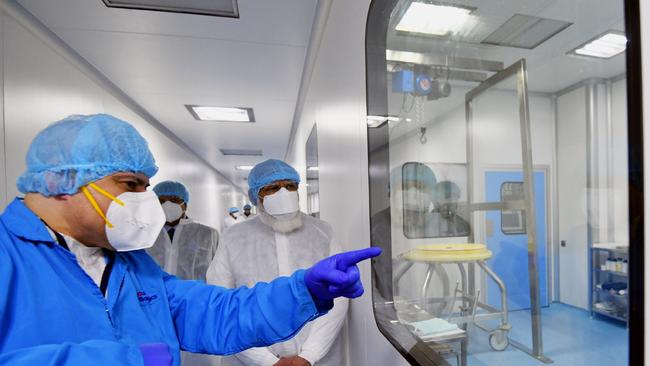
Hello and welcome to The Download, The Australian’s technology blog for the latest tech news.
Chris Griffith 2.45pm: ACCC seeks public comment on Google’s proposed undertaking
Australia’s consumer watchdog is seeking the community’s view on a proposed court-enforceable undertaking that will restrain Google from using personal data should it be permitted to take over Fitbit.
Google has suggested the restraint as part of its bid to seek Australian approval for the Fitbit deal.
“Our decision to begin consultation should not be interpreted as a signal that the ACCC will ultimately accept the undertaking and approve the transaction,” says the chair of the Australian Competition and Consumer Commission, Rod Sims.
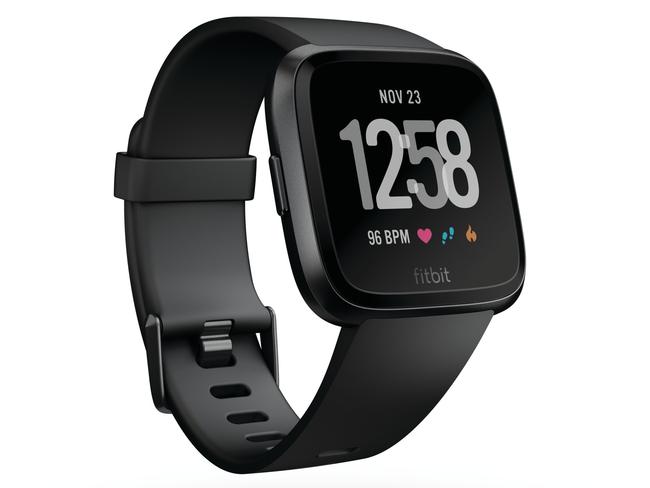
“Feedback from interested parties will assist us to decide whether the behavioural remedy proposed is capable of addressing our competition concerns regarding this transaction.”
Google proposes that it not use data collected through Fitbit and Google wearables for Google’s advertising purposes for 10 years, with an option to extend this obligation by up to a further 10 years.
Google would have to maintain access for third parties, such as health and fitness apps, to some categories of user data collected through Fitbit and Google wearable devices for 10 years; and maintain levels of interoperability between third party wearables and Android smartphones for 10 years.
The ACCC, in a statement of issues on June 18, refers to concern that Google would have the incentive to restrict rival wearables’ access to critical Google services such as Google Maps and the Google Play app store, or restrict their interoperability with Android smartphones.
The ACCC says concerns were raised that the proposed acquisition might give Google access to unique and substantial health related data that may improve the targeting capabilities of its advertising services.
The public is being invited to comment on whether the undertaking satisfies their concerns.
Mr Sims says the ACCC has not decided whether to ultimately accept any undertaking. Public submissions close on December 9.
Chris Griffith 2.00pm: Government improves COVIDSafe Bluetooth capability
The federal government’s Digital Transformation Agency has foreshadowed a big improvement in its COVIDSafe app’s ability to detect other uses nearby.
The agency says the app will soon use The Herald Bluetooth protocol, which it says will not only more accurately detect other phones nearby using the COVIDSafe app, it will in particular improve the operation of contact tracing on iPhones. The protocol is available as open-source software from VMware.
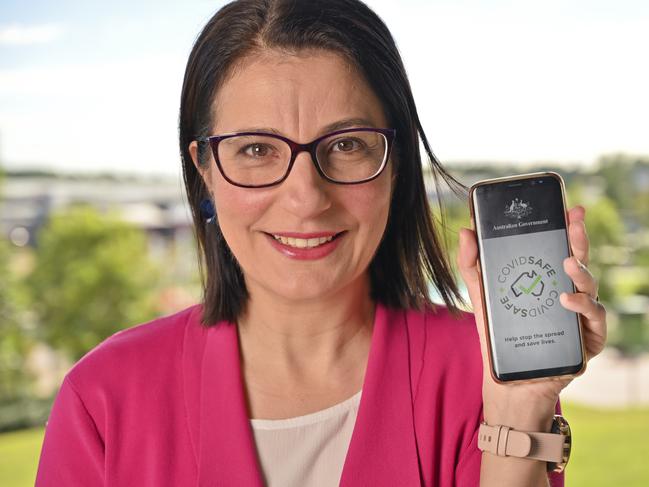
“The Herald Protocol employs several techniques to improve Bluetooth communication across a wide range of mobile devices, the DTA says on its website. “This provides contact tracing apps with regular and accurate proximity information that helps make them highly effective.”
It says the testing of Herald in COVIDSafe has returned a near 100 per cent detection of close contacts in the foreground and background across iOS and Android devices. “It will give COVIDSafe an ‘excellent’ rating for encounter detection on iPhone to iPhone, and iPhone to Android digital handshakes.”
The DTA says its testing has found better Bluetooth performance, even in the background, leading to more encounters being captured between devices, especially between iOS devices. It says the new protocol doesn’t impact battery usage when compared to the current COVIDSafe, which uses on average one to three per cent per hour, depending on the age of the phone and its battery capacity.
That’s good news for the federal government, which claims more than seven million downloads of the COVIDSafe app. The question is how many Australians actively have the app open and operating when they leave home? Among my tech contacts, very few people seem to use COVIDSafe, and few seem to talk about it.
In contrast, the use of QR codes for checking into entertainment venues, pubs, cafe’s and other facilities is gathering momentum as a high-profile activity, especially as its use is promoted at virtually every venue you attend. On that note, Victoria has joined with the ACT and NSW to offer a co-ordinated approach to gathering and using data gained from QR code check-ins.
In another development, the DTA has sought to hose-down a claim that the Herald protocol had been unsuccessfully used in the UK and abandoned. “There are incorrect reports that the new Herald Bluetooth protocol for COVIDSafe is the same protocol that the UK NHS abandoned in June earlier this year,” says the DTA on Twitter. “This is false, it is not the same protocol.”
Rachel Baxendale 10.28am: Victoria finally introduces QR codes
The Andrews government has finally introduced an official COVID-safe QR code check-in system, more than two months after NSW and the ACT.
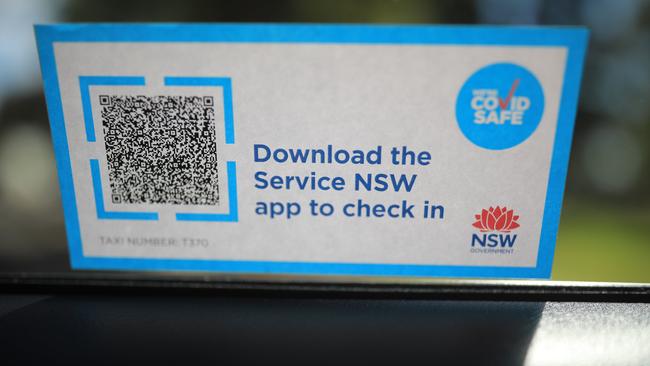
When Victorian shops reopened in October following a three-and-a-half month lockdown, Premier Daniel Andrews was unable to name a date for the introduction of a QR code system, citing the issue of compatibility with the existing IT platform for coronavirus contact tracing.
NSW and the ACT established systems in September, allowing users to scan their contact details using a smartphone app as they visit shops, restaurants and gyms.
Thousands of businesses in Victoria have introduced their own QR code system, but no centralised government system has existed until now.
READ the full story here
Chris Griffith 8.40am: More Tesla self driving software on the way
Tesla will expand trials of its full self driving (FSD) software allowing autonomous driving in about two, according to CEO Elon Musk.
Tesla on its home page says all new Tesla cars “come standard with advanced hardware capable of providing Autopilot features today, and full self-driving capabilities in the future — through software updates designed to improve functionality over time”.
Probably going to a wider beta in ~2 weeks
— Elon Musk (@elonmusk) November 28, 2020
Tesla vehicles currently offer assisted driving features in Australia, however Australian law does not yet permit fully autonomous driving on public roads, and Tesla vehicles are yet to offer it.
According to reports, a very limited number of Tesla drivers in Norway and Canada had been the first to test vehicles with fully autonomous driving software, and now Mr Musk says the Beta testing phase will be broadened. “Probably going to a wider beta in ~2 weeks,” Musk tweeted on November 28.
In Australia, the National Transport Commission says the country needs “nationally-consistent reforms that support innovation and safety”. “This will allow Australians to access the benefits of this technology,” it says.
“Our reform program focuses on achieving national consistency. Our goal is end-to-end regulation to support the safe commercial deployment and operation of automated vehicles at all levels of automation in Australia.”
Chris Griffith, David Swan 8.15am: North Korea suspected of trying to hack COVID-19 vaccine maker
Reuters reports that suspected North Korean hackers have attempted to break into the systems of British-Swedish drug maker AstraZeneca.
AstraZeneca has been working with Oxford University on a COVID-19 vaccine, one of the candidates that Australia has signed up to.
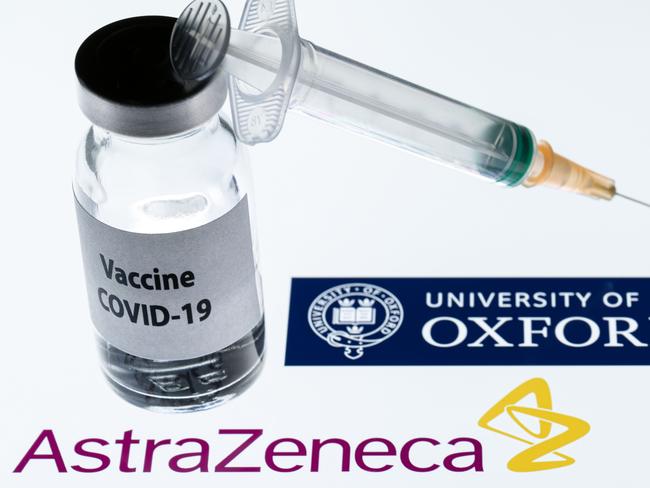
Reuters says it was briefed by two people with knowledge of the matter.
Reuters reports that the hackers posed as recruiters on networking site LinkedIn and WhatsApp to approach AstraZeneca staff with fake job offers, the sources said. They then sent documents purporting to be job descriptions that were laced with malicious code designed to gain access to a victim’s computer.
Reuters’ sources said the tools and techniques used in the attacks showed they were part of an ongoing hacking campaign that U.S. officials and cybersecurity researchers have attributed to North Korea.
Speaking to The Australian for the latest episode of the Forward Slash podcast, released on Tuesday, CrowdStrike CEO George Kurtz said sophisticated hackers were targeting medical facilities and private companies to help nab information about a vaccine.
“What is the most valuable piece of information you could possibly have either in technology or information today? It’s a cure,” Mr Kurtz said.
“Anything related to that is a nation state issue, and if your population is infected, think about all the damage that’s taking place across all these economies.
‘‘We’ve seen wars, we’ve seen social issues, but this has taken a dramatic toll and I think COVID-19 far exceeds a lot of these, from a financial perspective and a human perspective.”
Mr Kurtz said CrowdStrike had seen a spike in companies working on cures or vaccines for COVID-19 being targeted by nation state hackers.
“Every government on the planet wants to know what each company is doing in the private sector, to be able to find a cure for this,” he said.



To join the conversation, please log in. Don't have an account? Register
Join the conversation, you are commenting as Logout